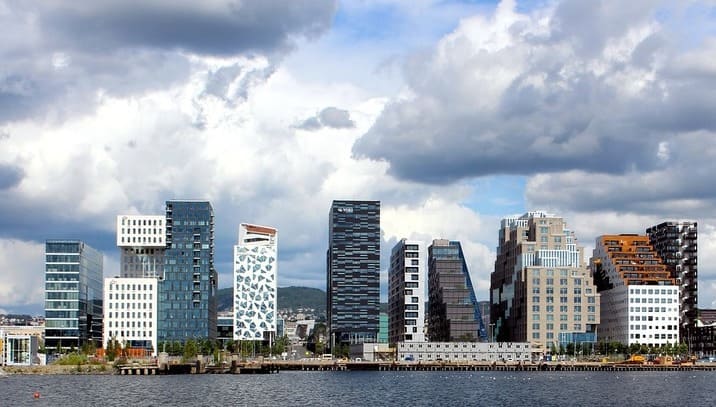In order to win the future, today we have a greater need than ever for business-friendly countries, those countries where conditions are more favourable for business.
We need societies in which there is not a hegemonic struggle between the public and the private sphere, but where we can join forces and each member of the ecosystem can make their contribution. Where there are dynamics that promote the efficiency of scarce resources and we can foster excellence (without biases or labels) and collaborative intelligence. Contexts in which logical synergies are strengthened in order to increase collective prosperity.
This is one of the main lessons to be learnt from this pandemic which has caused so much disruption to our lives. And I believe there is room for taking greater advantage of what this collaboration can bring and for looking in depth at good practices worldwide.
“I don´t believe in the mutually exclusive dichotomy of committing to the public or the private sector”
I was reflecting on this recently in a debate in which I pitted public education (something good to be promoted) against private education (something bad to be limited). During the debate, the advanced Nordic societies were cited as an example due to their good educational results and clear commitment to public education.
What can we learn from them? Do they really support private initiative or do they focus solely on some good public services equipped with generous resources?
They do indeed give considerable support to the private sphere within the context of the coexistence of public and private provision; the relationship is not perfect, but it is more natural, fostering excellence and individual freedom.
Here are some examples:
Norway: one of the 10 most business-friendly countries in the world due to the support given to entrepreneurs.
Finland: its excellent education system is built on 500 schools, of which 100 are private.
Sweden: 27% of health services are provided by the private sector and patients can register with any primary care provider they may choose.
What are the benefits of being more business-friendly societies?
Over and above ideological considerations, business-friendly societies have many irrefutable benefits: more growth, more innovation, more opportunities for professional development, more wealth and therefore more taxes to invest in essential services, …
What are the key levers for being more business-friendly societies?
The fundamental elements are well known, but not always applied in many countries: a stable legal framework, a competitive tax level, bureaucratic flexibility, incentives and grants for entrepreneurs, good technological and transport infrastructures, an education system connected with the labour market, available talent, easy access to capital, quality of life, a modern health system, public safety…
I do not believe in the mutually exclusive dichotomy of committing to the public or the private sector. Today, the most balanced and prosperous societies are supported by three powerful sectors that complement each other and work in collaboration: a solid and efficient public sector, a dynamic and competitive private sector, and a third sector which is emerging strongly, made up of civil society and NGOs. These are key strata for the common good, where each has its function, provides its value and has its social responsibility.
Making a commitment to a more business-friendly society in which private initiative enjoys greater recognition is fundamental to our future, providing a necessary boost for competitiveness, as I wrote in a previous article.
Support should be given to an environment in which good business owners and entrepreneurs are also inspiring figures for every generation, particularly young people. Where greater value is given to their contribution and risk-taking, innovation, resilience, social commitment and creation of wealth and employment.
Today, I believe we have to move on from debates which are worthy of respect, but which drain our energy and are conducive to confrontation rather than combining forces. This is the moment when we must look to the future with a broader perspective, overcome classic dichotomies and challenge our limiting beliefs in order to move forward.
This was already a challenge facing many societies and countries in the past. Covid has now provided us with a stark reminder of this. We stand at a crossroads, but one that offers us a great opportunity to reinvent our future and the legacy we will leave the generations to come.
This article has also been published in Do Better by ESADE
David Reyero Trapiello – Senior HR Business Partner – Sanofi Iberia
e-mail: David.reyero@sanofi.com / Twitter: @davidreyero73 / Linkedin: linkedin.com/in/davidreyerotrapiello/

Leave a Reply